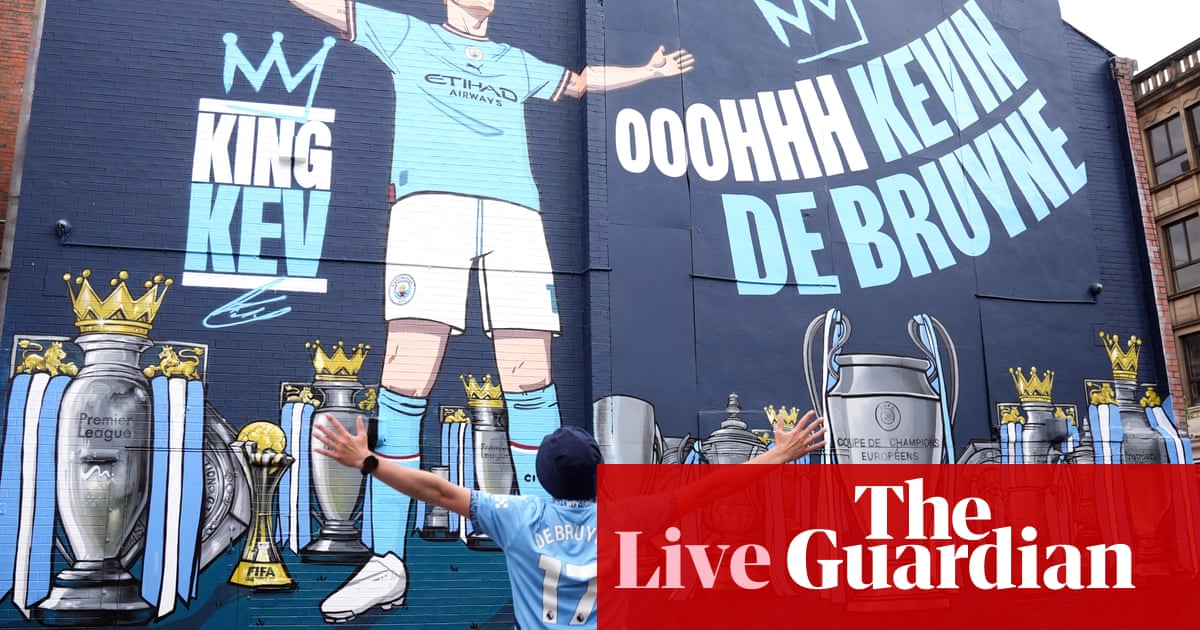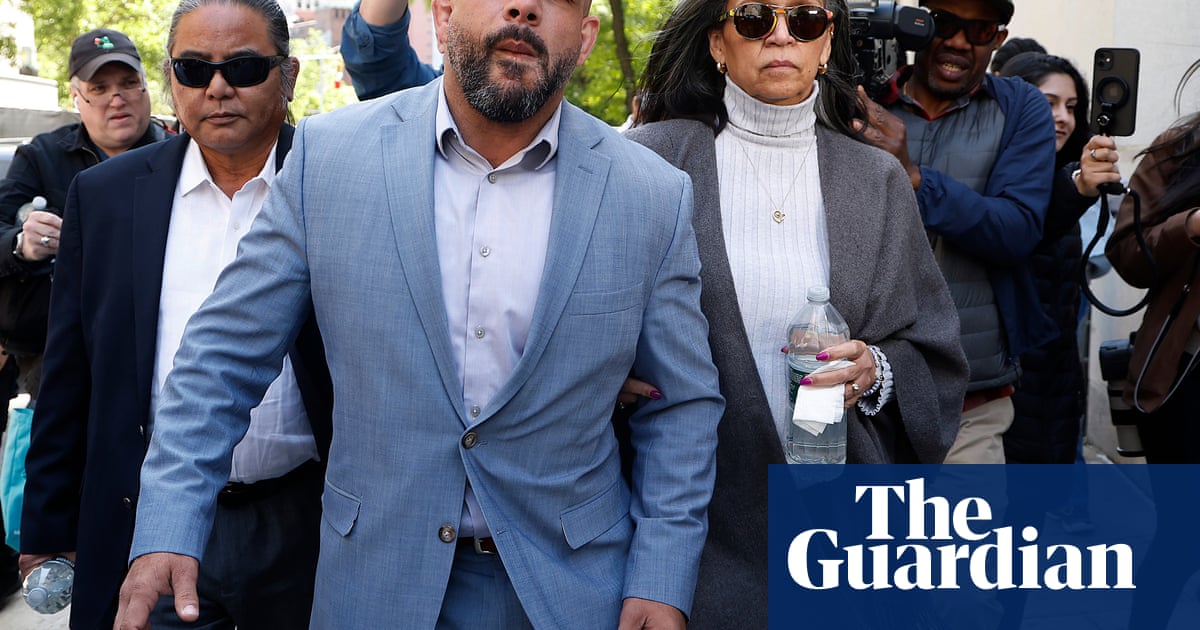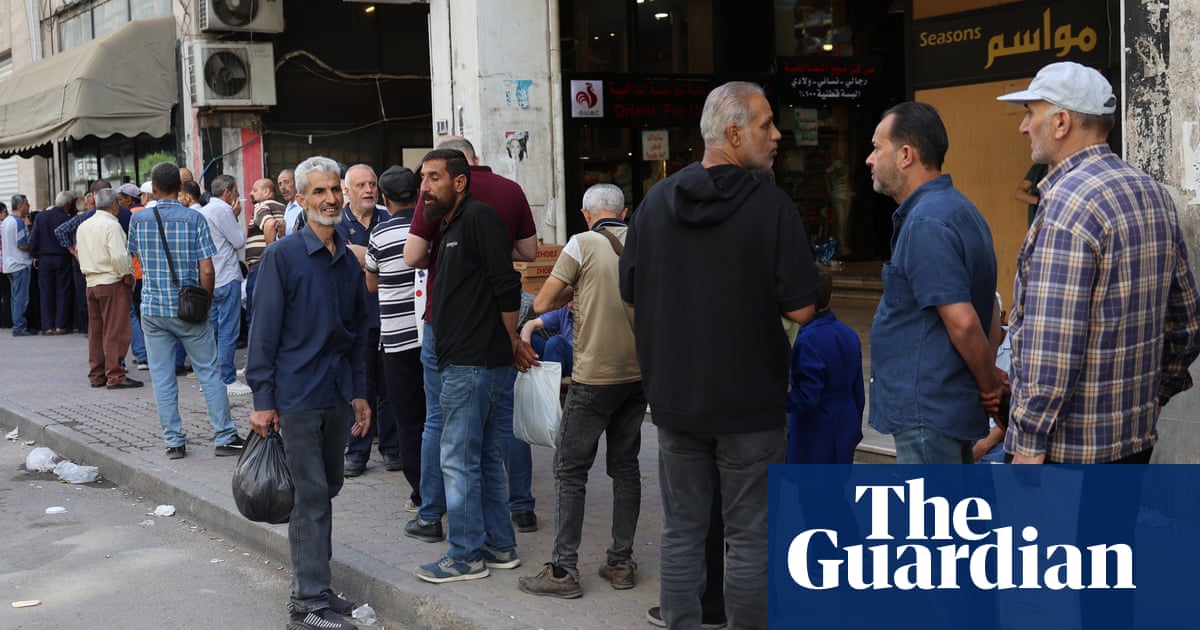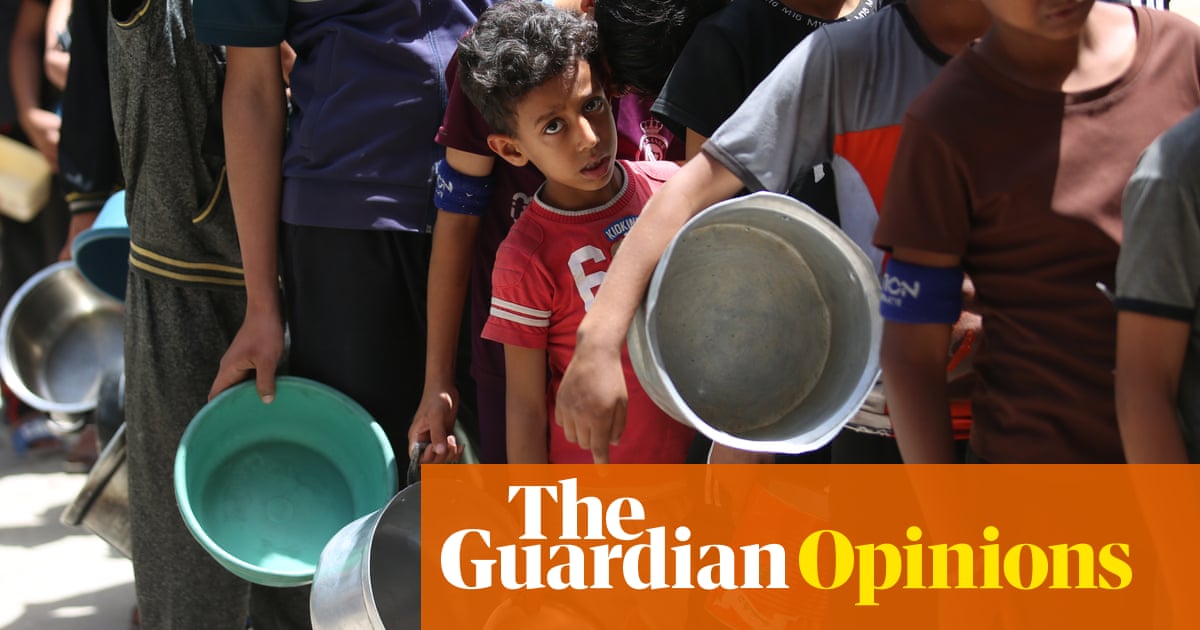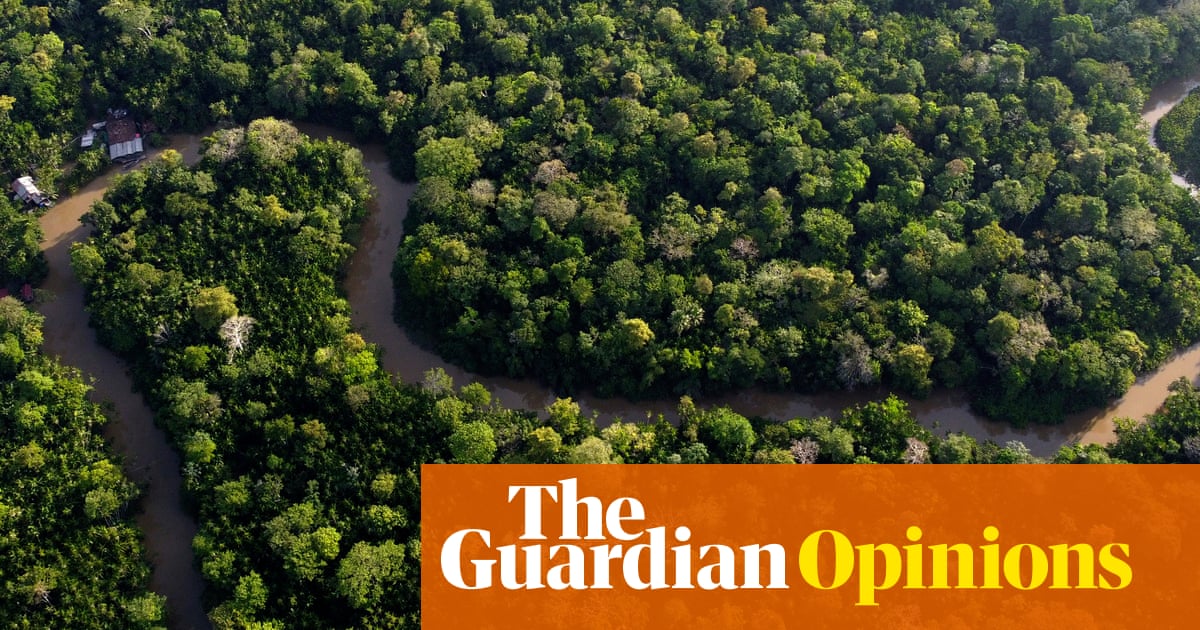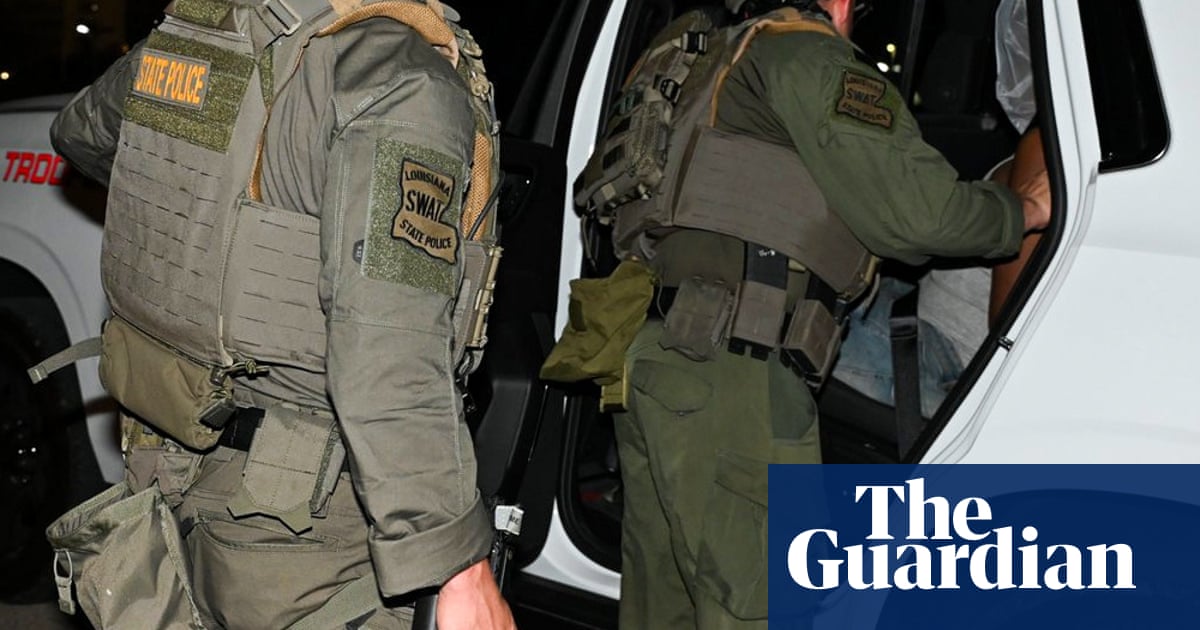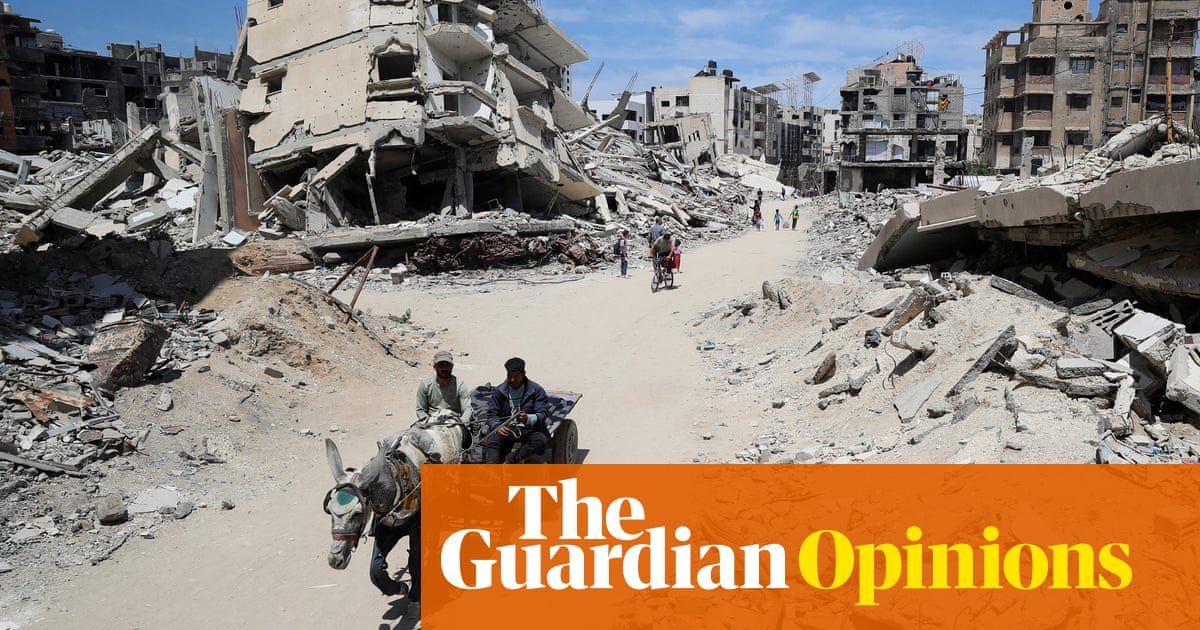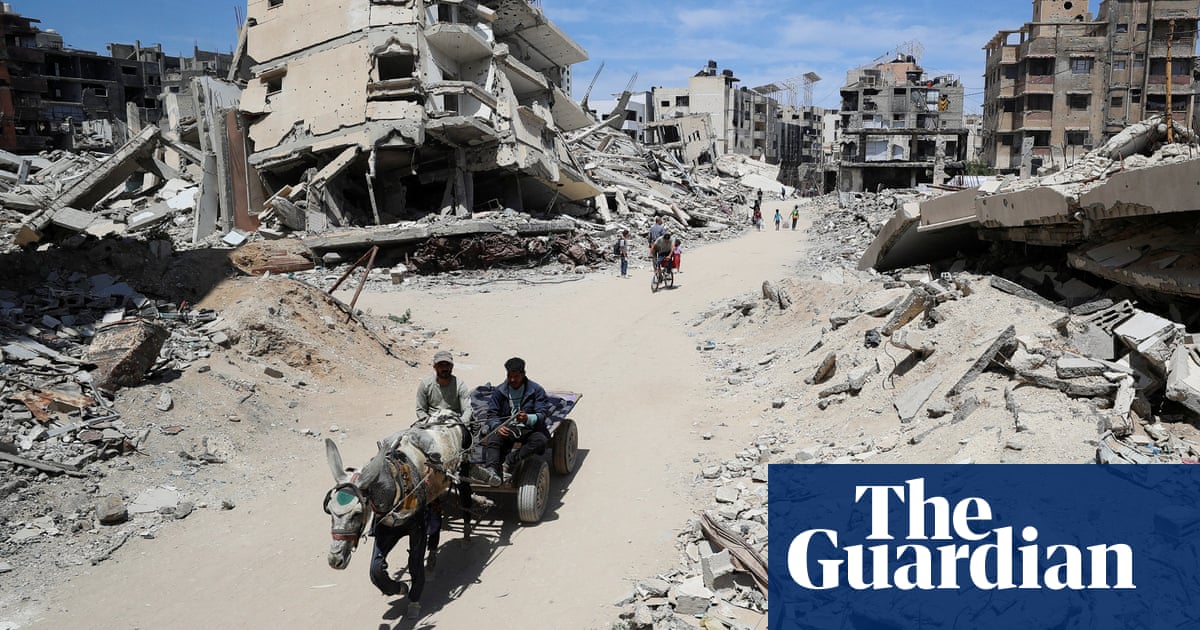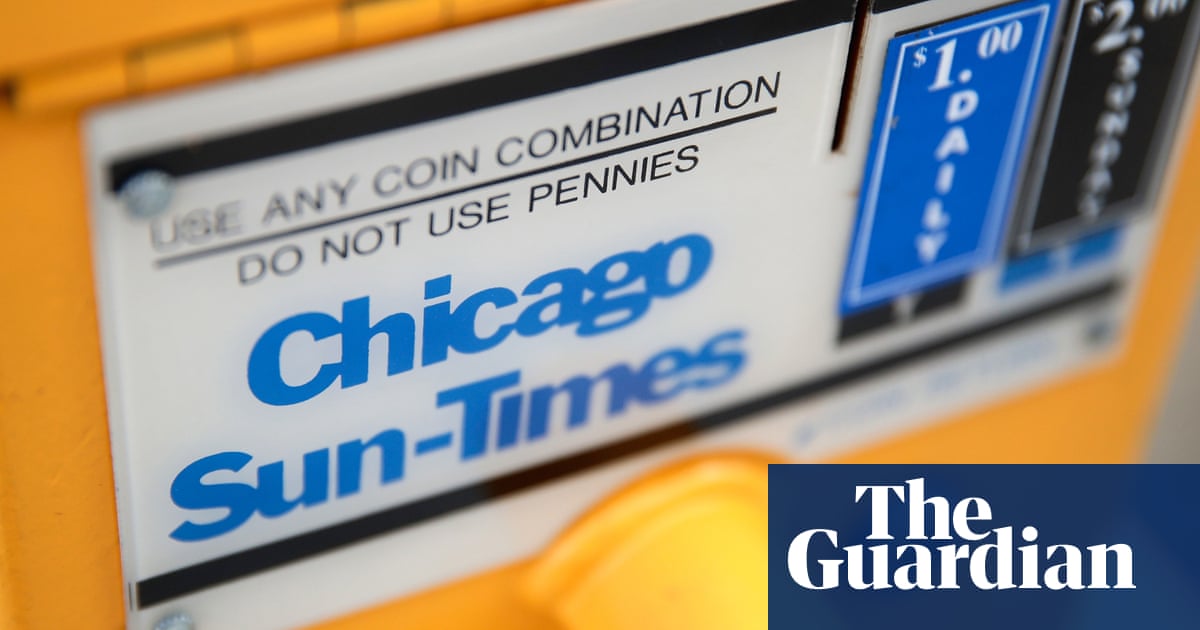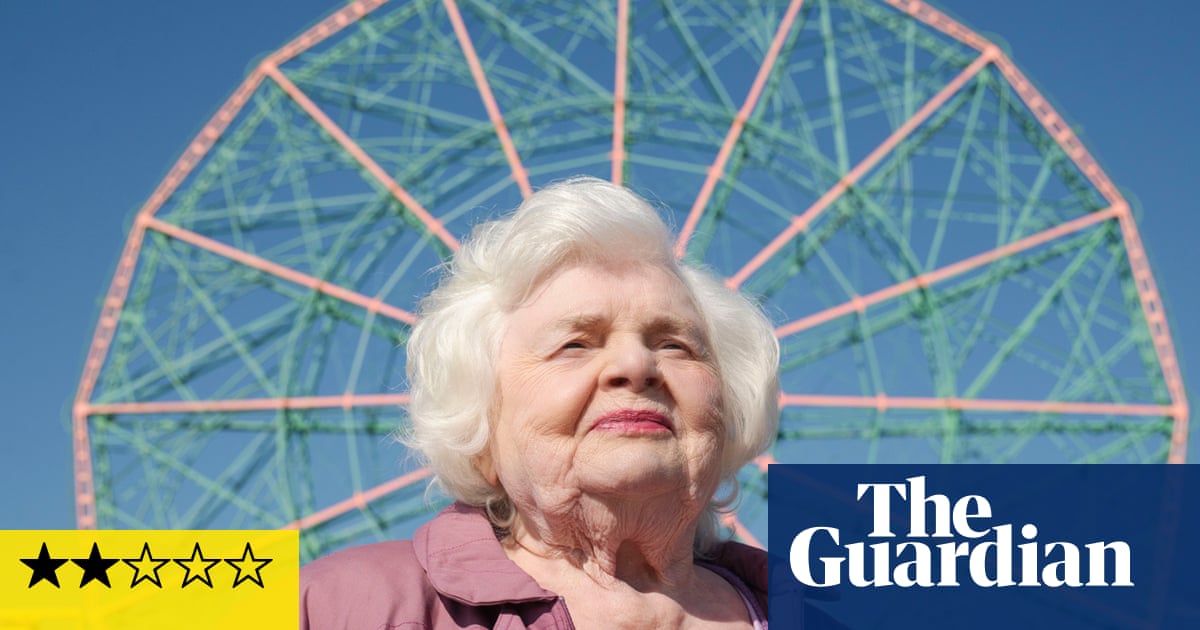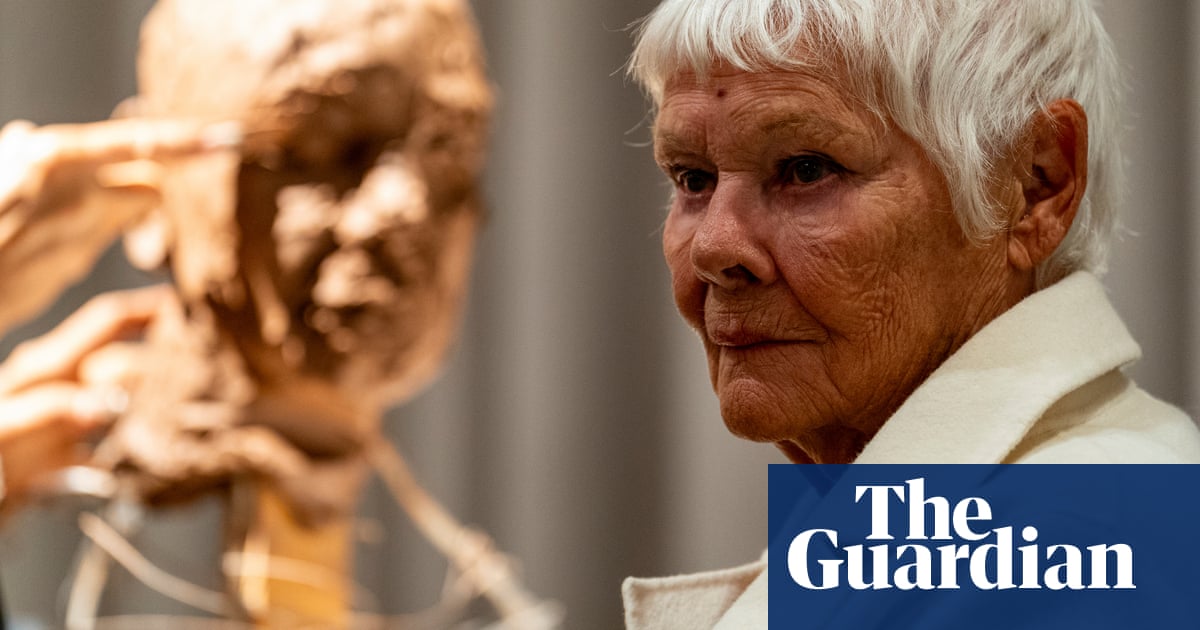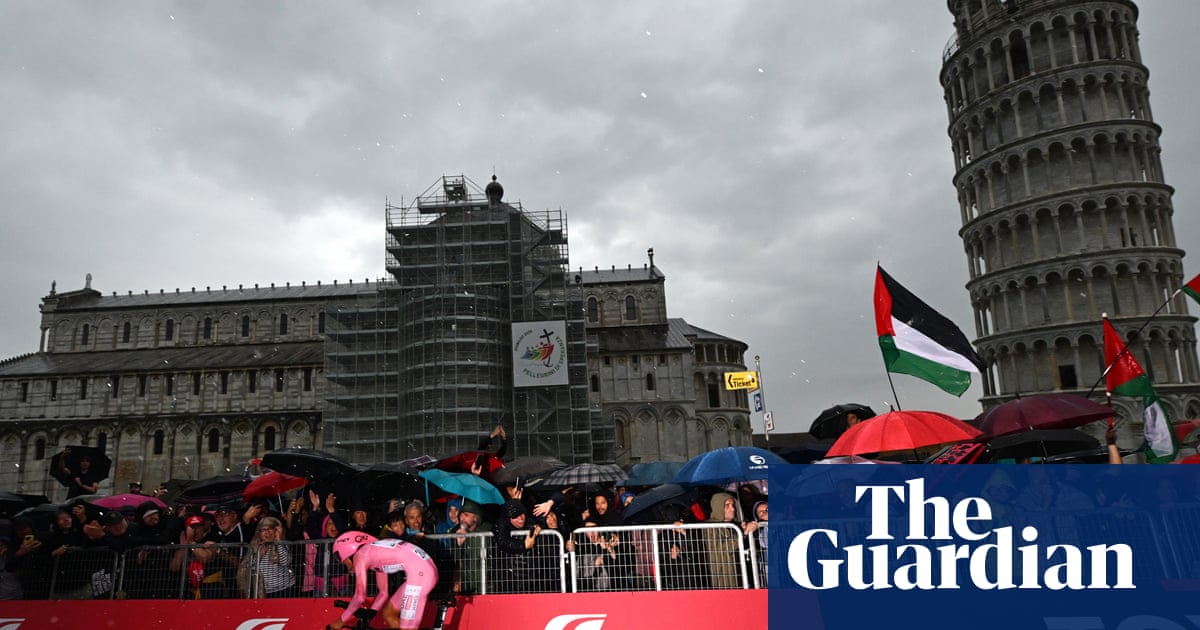In February 2023 Jafar Panahi walked free from Iran’s Evin prison after nearly seven months behind bars. Friends and supporters had gathered to greet him, but the moment of release felt bittersweet and he struggled to adjust back to civilian life afterwards. In the weeks that followed he developed a habit. He’d drive his car back and forth on the road that paralleled the high prison walls, pining for those who were still inside. “These people had become my people,” he says. “I thought, ‘How could I go and leave them behind?’”
Panahi makes humane, heartfelt pictures about life in Iran. He refers to these as “social films”, although this definition cuts no ice with the Iranian government, which has ruled them to be “propaganda against the system” and therefore hazardous, offensive material. He has to date been imprisoned twice, undergone a hunger strike and sold his house to make bail. Panahi is officially banned from making movies, although he continues to make them all the same. This is his first press interview in more than 15 years. Technically, he’s not allowed to do this either.
His new social film is a prison story of sorts, born out of his experience and playing in the main competition at Cannes. It Was Just an Accident is a morality play dressed up as a tense revenge thriller, nuanced and gripping as it steers a van through Tehran. Vahid (Vahid Mobasseri) is a former political prisoner who abducts his state interrogator. But Vahid needs to be sure that he’s got the right man and enlists the help and advice of various dissident friends. The captive in the van swears that he’s innocent, except that in modern Iran almost everyone lies. Both sides of the wall have learned it’s the only way to survive.
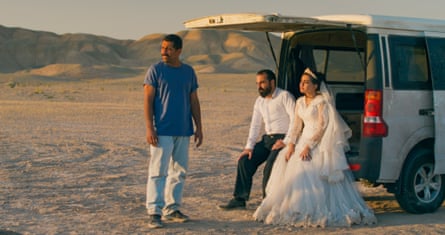
The director beams in from his base in Iran. He wears sunglasses indoors and smokes with grim determination, but he speaks with the authoritative air of a practised orator. Prison, one senses, has not broken his spirit. It might even have emboldened him.
There were two main factors behind the film, he explains. “The first time I was in prison I was in solitary confinement. I was on my own in a tiny cell and they would take me out blindfolded to a place where I would sit in front of a wall and hear this voice at my back. It was the voice of the man who would question me – sometimes for two hours, sometimes for eight hours. And I would just hang on his voice all that time, fantasising about who this person was from his voice. And I had an intuition that someday this voice would be an aspect of something I’d write or shoot and give a creative life to.”
He draws on his cigarette. “My second time in prison was different. This time I was in a large space with other political prisoners. Some of them had been there for 10 or 15 years. Their experience – their stories, their take on what captivity meant to them – was inspiring. It was like the world opened up to me. Gradually, I had an idea for a film that gathered these pieces together.”
Assuming that Vahid’s instinct is correct, the captive in the van is guilty of torture and rape. One of Vahid’s friends suggests showing mercy. Another, Hamid (Mohamad Ali Elyasmehr), demands immediate retribution. What would Panahi do if he met his interrogator on the street and recognised him by his voice? “I don’t know,” he says softly. “I really don’t know. I wish to say that my reaction would be the one I’ve chosen as a director, the [even-handed] response of my films. But I’m not sure. I’m a human being, so maybe I’d have a reasonable, sensible reaction but maybe I’d react in a way that I can’t foresee.”
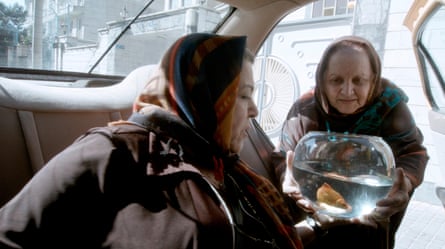
Panahi is now 64 years old and has fashioned a career out of poking the bear, testing the patience of the Islamic Republic. For the past 15 years he has made his films illegally, deploying ingenious methods to avoid being caught. He shot 2013’s Closed Curtain at home with the windows draped, while 2015’s Taxi Tehran repurposed his car as a mobile film studio. His 2011 iPhone documentary This is Not a Film was famously smuggled out of the country on a USB stick. Every production becomes its own high-stakes thriller. But then pretty much every day in Iran is the same.
“The fear of being arrested is constant,” he says. “Any moment the authorities can come and stop everything that’s happening in your life. That said, once you learn to work in secret, you become more clever than they are. Some of my colleagues have had problems. They tried to make clandestine films and had all their material confiscated. But by reducing the cast and crew – and by taking various precautions that of course I can’t share with you – we were able to complete almost all of the film.”
Two days before the end of shooting, the crew were waylaid by a team of 15 plain-clothed officers (“police in plain clothes is never a good sign,” he points out). They told Panahi that he had to stop shooting and give up all his footage. When the director refused, they made do with whatever they could seize. “A laptop. Some discs. Perfume. Cigarettes.”
What protected him, he thinks, was that his shoot coincided with the second round of Iran’s presidential elections. The authorities may have reasoned that arresting the director – arguably the country’s most high-profile dissident – would generate too much unwanted publicity. Panahi, in effect, had become too big to stamp out.
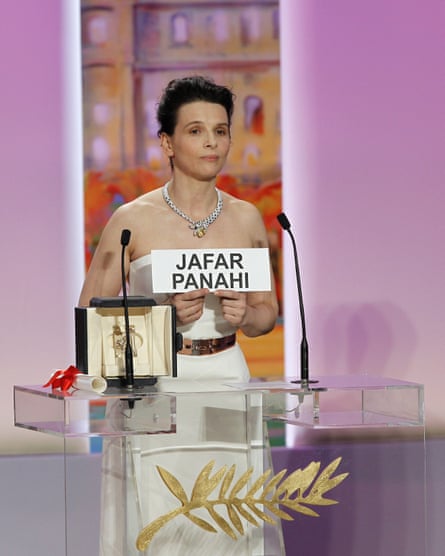
Possibly the threat against him has eased. His longtime travel ban is now in abeyance. He was able to edit his film in France and is now due in town for the Cannes premiere – although the consequence of this visit remains anyone’s guess. “Nothing in Iran is predictable,” he says. “I hope we can come back home afterwards.”
In 2021 the director’s son, Panah, made an excellent film of his own. Hit the Road depicted a family jaunt to the Turkish border and was loosely inspired by his sister Solmaz’s decision to start a new life in Ireland. Discussing the film in a Guardian interview, Panahi Jr admitted that his father’s political stance has put undue strain on the family: “From our family’s perspective, you sometimes think that, well, maybe it wasn’t worth it.”
It is Panahi’s fate to have spent his career as a touchstone for Iran’s pro-democracy movement: forever looking over his shoulder; constantly running the risk of arrest. But it’s a decision which, he feels, has been forced upon him.
“When you live in an ideological dictatorship – a closed system – you have no choice,” he explains. “Even when you walk on the street [the authorities] can ask you why you’re walking, where you’re going and why you are dressed in the way that you are. They create restrictions for every citizen, not just film-makers. There is no escape. Your life is conditioned by the system. So you learn how to adjust in order to keep living, working, eating, speaking in spite of this system. I have become a film-maker in spite of restrictions.” He pauses. “As to what Panah said, I don’t know what he meant, but I would ask myself this question – was it worth it? – only if I felt ashamed by one of the films I have made. And that’s not the case. I’ve put my heart into every one of them. I’ve made a positive choice by making them. I’m happy with the choice I’ve made.”
It’s nice to picture Panahi walking the red carpet at Cannes. It will be his first time at the festival since 2003. For 14 years he wasn’t allowed to travel at all. The prospect, however, leaves him altogether unmoved. Iran is his home; he feels no desire to leave. He jokes that this might even count as a character flaw. “Why do I put up with my life in Iran?”
As for being in Cannes, who knows? “Maybe I’ll feel as I did when I was released from prison. I knew that my friends and family were waiting for me outside. But when I stepped out I had very mixed feelings. I stood in the road and looked back at the wall. Maybe in Cannes I’ll feel the same way. I’ll look back and think about the people left behind in my country.”

 5 hours ago
2
5 hours ago
2
